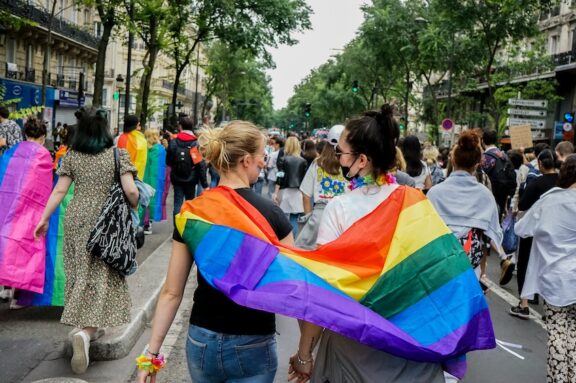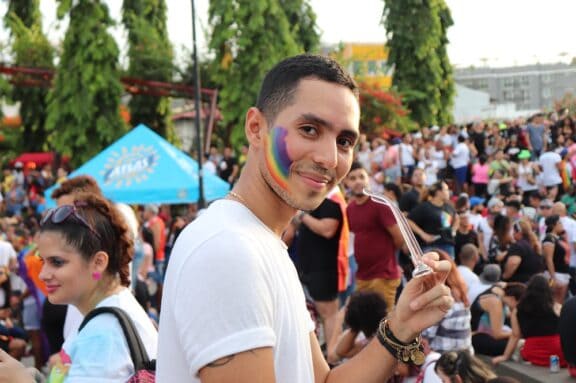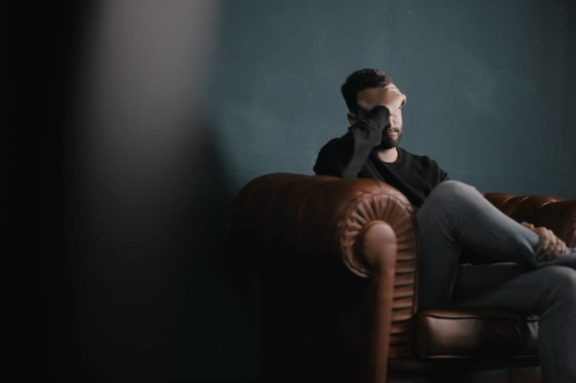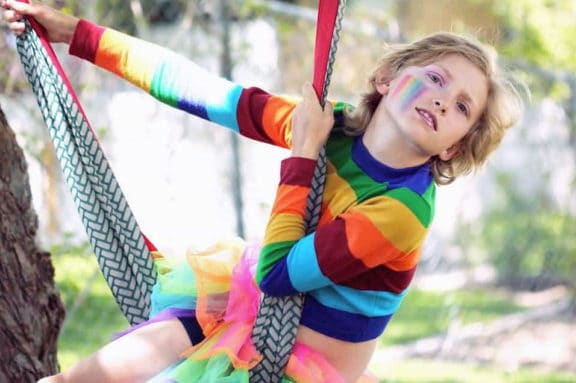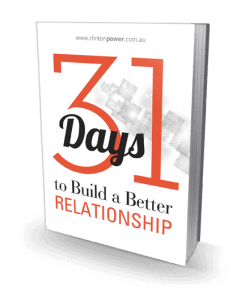A Guide for Demystifying Gender Dysphoria Have you ever felt a deep, persistent discomfort between the gender you were assigned at birth and the way you experience your own identity? This experience, often profound and distressing, is known as gender dysphoria. It’s not merely about challenging social norms or expressing a desire to be different; […]
Finding Your Tribe: A Directory of LGBT Support Services in Australia
Finding Your Tribe: A Directory of LGBT Support Services in Australia In a world where acceptance and understanding are not always guaranteed, the importance of LGBT support services cannot be overstated. These services offer more than just advice and LGBT counselling; they provide a sanctuary as you navigate the complexities of identity, relationships, and societal […]
Navigating Identity: How LGBTQIA+ Therapy Supports Self-Discovery and Growth
In a society that often imposes rigid norms and expectations, navigating your identity can be a complex and challenging journey. This is particularly true for individuals who identify as lesbian, gay, bisexual, transgender, queer, intersex, asexual or questioning (LGBTQIA+).
The Silent Suffering of Lonely Gay Men
Loneliness in gay men has become an epidemic within the male gay community. Gay men who aren’t in an intimate relationship often describe feeling a deep and profound sense of loneliness. This emotional pain can be a problem as it can lead to serious mental health issues. Knowing how and why loneliness happens in gay men is essential to understanding what you can do about it.
The Dangerous and Cruel Reality of Gay Conversion Therapy
Gay conversion therapy is a controversial practice that has been around since the 19th century. It can bring a lot of harm physically, psychologically, and emotionally to the people subjected to it. Members of the LGBTQI+ community are healthy and valid individuals with normal gender identities and sexual orientations. No one shouldn’t be forced to undergo a conversion away from their best and most authentic self.
Coming Out Tips: Advice from the Other Side of the Closet Door
It’s easy to answer the question “how do you come out?” when you’re already out, and you’ve trekked that path. However, there’s no one way to do it. There’s not a right way and a wrong way to go about it. Everyone’s journey is different, and as such, the steps taken can vary widely. There are things you can do to make the process easier for yourself and less daunting.
How to Find a Gay Therapist: 6 Things to Look For
A gay therapist is not necessarily a therapist who is gay, but rather a therapist who is informed and affirmative about gay issues, experiences, and identities. A gay therapist is not someone that you only speak to about gay topics, either. Your gay therapist should be a professional whom you can speak to about all problems you encounter, emphasising being able to help you address and positively handle gay issues.
30 Gay Relationship Goals for Happiness Together
What are gay relationship goals? Relationship goals can help you create a healthy gay relationship. They assist you in improving how you both give and receive love in your relationship. Why do I want goals in my relationship? Everyone wants to receive love in a way that makes them happy. Inversely, you also want to give love in a way that makes your partner happy.
COVID-19 Advisory: Sydney Gay Counselling
Many people are understandably concerned about coronavirus. The impact on the health of our communities is unprecedented and extraordinary. And with the rapid changes we’re all encountering daily, it’s hard to stay up-to-date with the evolving developments. If you’re considering counselling with me, or you’re already a current client of mine, I want to let you know about the precautions I’m taking to ensure your good health while we work together.
STUDY: Supportive Families of LGBT+ Children Leads to Less Bullying
A study of adult LGBT+ people in the UK looked at their life experiences during school life and in the workplace, and found that a supportive family environment makes LGBT+ children less likely to be bullied. The study found that family support significantly reduces the likelihood that children will be bullied at school. However, the results for bullying in the workplace were less effective.

